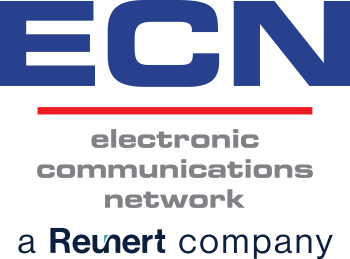With robust systems built on a fundamental IP core, ECN is able to support a variety of value-added services for its clients. A general trend is for IP to be adopted as the common protocol of choice for converged next generation networks(NGN). ECN has developed an IP based NGN using a range of technologies including copper wire, fibre circuits, WiMAX and digital microwave. “NGN’s are based on a genuinely innovative set of technologies that are transforming the way businesses communicate. The key to this lies in the difference between what legacy networks and NGN’s have to offer. The majority of traditional voice and data networks are underpinned by multiple network platforms that employ a variety of different transmission protocols. Each of these platforms is dedicated to supplying a single type of traffic, such as voice or data. This mix and match approach is complex to support and expensive to scale,” says Brynn Andrew, ECN’s chief technology officer.
“In comparison, NGN’s take a converged approach to network services. All types of network traffic are transmitted on a single platform, based purely on a single common protocol. This simplifies information and communication infrastructures enormously, reducing not only the amount of network devices needed to create the network, but also the cost and resources required to maintain it.” Yemi Oni, ECN executive manager of voice, adds: “The objective is to provide ECN’s customers with a 21st century ‘one network many services approach’ as opposed to a legacy TDM ‘one network one service’ design. In contrast the major least cost router (LCR) companies currently operate distributed networks with little or no capability or intelligence to backhaul traffic to a central point from where converged voice and data services can be provided.”
Adding Value
Above this fundamental core, Andrew’s team has built robust systems able to support a variety of value-adding services. ECN’s focus on IP-based services, allows it to offer products that most telecoms providers have not yet considered such as telephone management systems, IP-centric PBX services, voice/video conferencing, voice recording for call centers, centralised storage of voicemail and fax over internet. While some of these services are not yet in full production, the provision of these technologies is not far away. The systems have been built using a combination of Linux and Java Enterprise technology and have been designed specifically to cope with the requirements of an NGN. They provide seamless integration with various IP border elements such as VoIP gateways, SIP proxies and soft-switch platforms. As ECN owns the intellectual property, various modules can be made available to customers and partners as a free value-added service or as a billable managed service. In the future, as IP-based voice becomes a commodity, this type of functionality will become a key competitive differentiator for ECN.
“Our team is not only deploying leading edge technologies into the consumer space, they are defining the way in which the industry will work over the next few years,” he says. With the dramatic changes happening in the telecoms market, Andrew says working on the future of the industry’s technology is one of the most rewarding aspects of the ECN experience.
